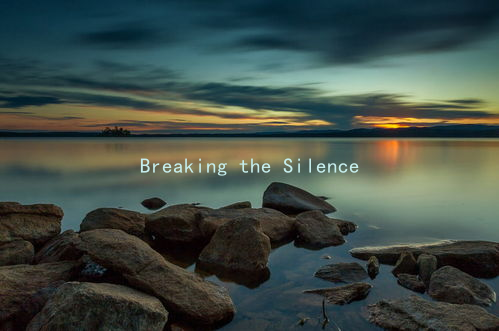Repairing the Connection: Effective Apologies and Forgiveness in Love
In any romantic relationship, misunderstandings and disagreements are inevitable. When conflicts arise, the ability to repair the connection becomes crucial for the longevity and health of the partnership. Effective apologies and the process of forgiveness play significant roles in this restorative journey. Here, we explore the key elements of making a sincere apology and how to foster forgiveness, allowing love to flourish even after difficult moments.
An effective apology is more than just saying Im sorry. It requires introspection and a genuine desire to reconnect. First, acknowledge your actions and the impact they had on your partner. Validating their feelings is essential; it shows that you understand the hurt you may have caused. For instance, instead of a vague apology, try saying, I’m truly sorry for raising my voice during our discussion; I can see how that made you feel disrespected. This not only clarifies what you are apologizing for but also demonstrates empathy.
Additionally, take responsibility for your actions without shifting the blame. Phrases like I’m sorry you feel that way can come off as dismissive. Instead, accept your part in the conflict and articulate what youve learned from the experience. This conveys a commitment to growth and a desire to avoid similar problems in the future. For example, you might say, I realize that my reaction was out of frustration, and I should have approached the issue more calmly.
Once a sincere apology is given, the next phase is forgiveness. This is often the more challenging aspect, but it is vital for moving forward. Encourage open communication about feelings and allow your partner to express their emotions. Sometimes, it may take time for them to process the hurt before they can fully forgive. Be patient and give them the space they need. You can facilitate this by reassuring them of your commitment to improving the relationship, stating something like, I understand that it will take time, and I am here to work through this with you.
Moreover, practice self-forgiveness. If you find it hard to forgive yourself for past mistakes, recognize that everyone is human and we all make errors. By forgiving yourself, you set a precedent that it’s okay to move past mistakes, which can make it easier for your partner to do the same.

Creating a culture of forgiveness within the relationship is essential. This means being committed not just to asking for forgiveness but also to granting it. When your partner apologizes, listen to their perspective without initiating a counter-argument. Instead, focus on what they are saying and moderate your response to show that you value their feelings.
Another key aspect is to avoid harboring resentments. Holding onto past grievances will only create distance in your relationship. Make it a practice to revisit conflicts briefly and express what was learned, but then let it go. For instance, you can say, We’ve had our ups and downs, but I appreciate the way weve communicated through those times. Let’s focus on the positive steps forward.
Lastly, consider re-establishing your connection after an argument. This can be as simple as sharing a meal, taking a walk, or engaging in a shared hobby. These moments help rebuild intimacy and reinforce the bond that exists beyond the conflict.
In conclusion, repairing the connection in a relationship through effective apologies and forgiveness is an art that requires practice and patience. A heartfelt apology acknowledges the pain, takes responsibility, and expresses a desire to change. Forgiveness, on the other hand, is a transformative process that allows both partners to heal and grow together. By mastering these skills, couples can navigate challenges, strengthen their connection, and sustain a loving partnership for the long haul.





